Understanding the Dangers of Unhealthy Coping
In my line of work, I often hear people express their desire to improve their coping abilities. Coping, in essence, refers to our capacity to handle and navigate different situations. While coping is generally seen as a positive and necessary skill, there are instances when it can become unhealthy. Today, let's delve into the topic of unhealthy coping and explore when it might be detrimental to our well-being.
The Spectrum of Coping:
The ability to cope can be viewed on a spectrum. On one end, low coping ability may manifest as persistent feelings of inadequacy, overwhelm, or even paralysis. On the other end, a healthy coping ability grants us the sense that even challenging situations are manageable. However, it is important to recognize that there is also a point where we can over-cope.
The Perils of Over-Coping:
Some individuals develop exceptional coping mechanisms as a response to growing up in chronically stressful environments. Moreover, our culture often encourages emotional detachment through excessive consumption of food, substances, and entertainment. This combination can lead us to detach emotionally, even in situations that warrant a strong emotional response.
The Harm in Over-Coping:
When we consistently view our ability to tolerate stress as a positive attribute, even in the face of mistreatment, exploitation, or neglect, we risk suppressing our natural human needs for health, safety, and connection. Over time, we may become desensitized to the harm happening around us, normalizing mistreatment as something we simply have to endure. It's disheartening to witness the prevailing callousness in today's world, and it's essential that we recognize the dangers of perpetuating this attitude.
Recognizing Healthy Coping:
So, how do we differentiate between healthy and unhealthy coping? Here are a few key indicators:
1. Distress:
Experiencing distress is a natural response to challenging circumstances. Crying, feeling overwhelmed, or experiencing frustration does not imply that something is inherently wrong with you. It is crucial to acknowledge and honor these emotions. Taking a break, slowing down, or seeking support are healthy ways to navigate through distress while contemplating the best course of action.
2. Openness to Change:
Healthy coping always allows for the possibility of change, particularly when the current situation becomes unhealthy or harmful. Conversely, over-coping tends to maintain the status quo at any cost. When faced with a harmful situation, a healthy response might involve actively seeking ways to change the circumstances or making the decision to remove oneself from the situation entirely.
3. Humane Solutions:
Healthy coping empowers us to respond to our needs while respecting ourselves. Conversely, over-coping can lead to neglecting and disrespecting our own well-being. It is crucial to prioritize self-care and consider solutions that are compassionate and respectful towards ourselves.
Addressing Over-Coping:
Acknowledging and addressing over-coping can be challenging, especially when societal norms reinforce this behavior. However, the prevalence of a behavior does not automatically make it healthy or right. Remember, coping should never require us to sacrifice our self-respect or compromise our well-being. If you find yourself struggling with any of the issues discussed in this blog, seeking therapy can be an invaluable resource on your journey to healthier coping.
Warmly,
Tekin Meric, MSc
Counselor & Coach
If you would like to receive counseling or coaching support as you navigate your life issues, please feel free to reach out. I would be honored to hold a space for you online or in my practice in Amsterdam.



